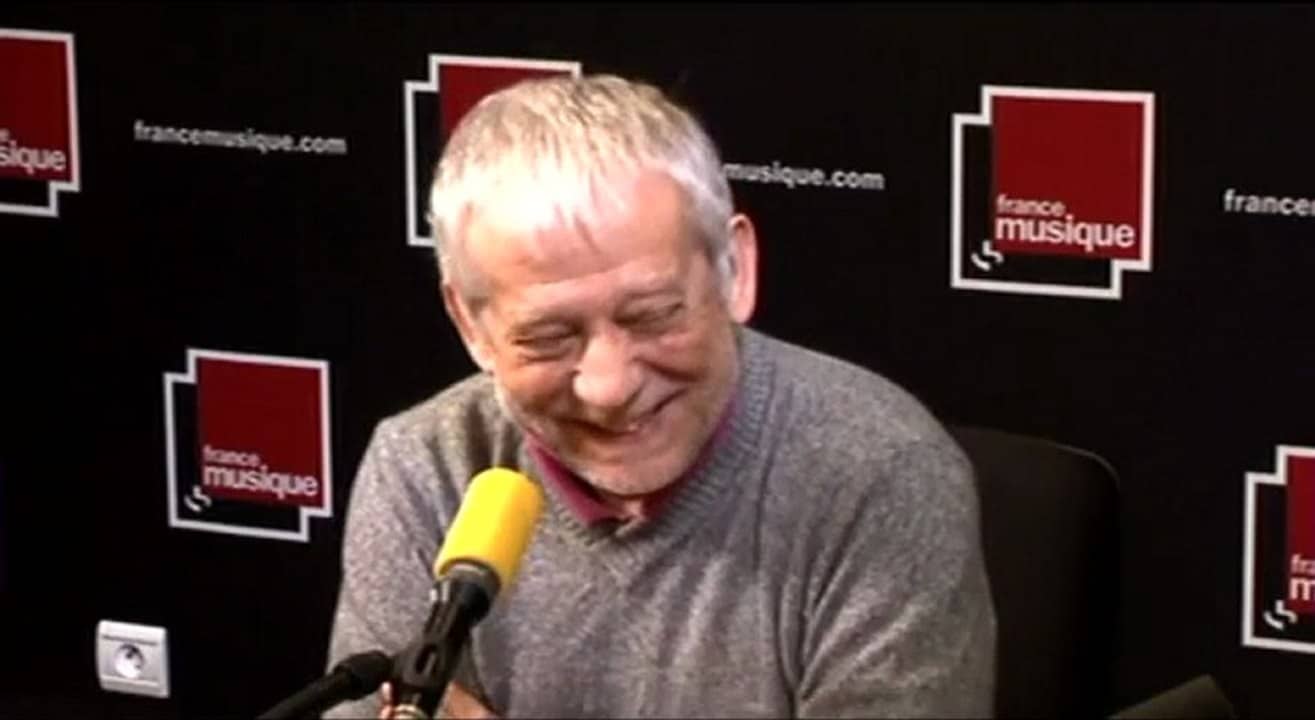A critic takes a sledgehammer to a celebrated pianist
OrchestrasThe Parisian music critic Alain Lompech (pictured) has a reputation for not respecting reputations. This week, he set his sights on the vastly popular Paris-based pianist Khatia Buniatishvili. Khatia was playing Rachmaninov’s second piano concerto with the Orchestre de Paris. Alain was in pain.
Sample text (English follows):
Parler d’interprétation du Concerto n° 2 de Rachmaninov est impossible : la pianiste est trop en deçà des exigences de cette partition. Sa maîtrise instrumentale ce soir ne lui permettrait pas d’entrer au Conservatoire de Paris. Elle a des doigts mous, aucune incrustation dans le clavier, ne joue pas une phrase legato, et seules les difficultés qui tombent miraculeusement dans ses facilités naturelles passent sans trop d’encombres. Mais la plupart du temps, ses doigts survolent le clavier : elle bluffe au piano menteur, sans emporter la mise.
Ce concerto avance donc comme une barque à la godille, par à-coups et de travers, car dès qu’elle le peut elle se pâme assise droite comme un « i », la tête, les bras, les mains immobiles, les doigts bougeant sans qu’on entende le moindre chant soutenu… pourtant depuis le cinquième rang de face. Elle n’a aucune projection du son ; plus elle joue fort, moins le piano sonne : 80% de l’énergie se perd dans l’agitation. C’est d’autant plus déprimant qu’elle donne trois bis. Le public ne les lui demande pas vraiment passé le premier, mais elle les lui offre, après lui avoir fait des démonstrations d’amour en formant un cœur, ses deux pouces et ses deux index réunis. À l’entracte, un musicien venu écouter ses copains de l’Orchestre de Paris, voyant notre mine sombre, confiera : « J’ai filmé, parce que personne ne me croira quand je raconterais. »
Talking about the interpretation of Rachmaninov’s Concerto No. 2 is impossible: the pianist is too far below the demands of this score. Her instrumental mastery tonight would not get her into the Paris Conservatoire. She has weak fingers, no ornamentation at the keyboard, does not play a single phrase legato; only the difficulties that miraculously fall within her natural abilities pass without too much clutter. Most of the time, her fingers fly over the keyboard: she bluffs at the lying piano, without winning the bet.
This concerto therefore moves forward like a rowing boat, jerkily and sideways, because as soon as she can she swoons, sitting straight as an “i”, her head, arms, hands motionless, fingers moving without any sustained singing being heard… yet from the fifth row. She has no sound projection; the louder she plays, the less the piano sounds: 80% of the energy is lost in the agitation. It is all the more depressing because she gives three encores. The audience does not really ask her for them after the first, but she offers them, having demonstrated her love by forming a heart, her two thumbs and two index fingers together. During the interval, a musician who came to listen to his friends in the Orchestre de Paris, seeing our dark faces, confided: “I filmed, because no one will believe me when I tell them.”
More here.
UPDATE: Alain has honourably sent us a conflicting review by Le Monde critic Marie-Aude Roux, who sat in the seat next to him. Marie-Aude writes:
(en englais): Paradoxical through and through. Such was the concert proposed by the Paris Orchestra at the Paris Philharmonic this Thursday, October 31. At the desk, Ukrainian Kirill Karabits, conductor of the Bournemouth Symphony Orchestra, who, at 47, makes his debut with the Parisian ensemble. At the piano, a regular of the hall, Khatia Buniatishvili, an artist whose media popularity is now proportional to the virulence of her haters. Too virtuoso, too extroverted, too incarnate and above all too “physical” – as if music only had ears.








Comments